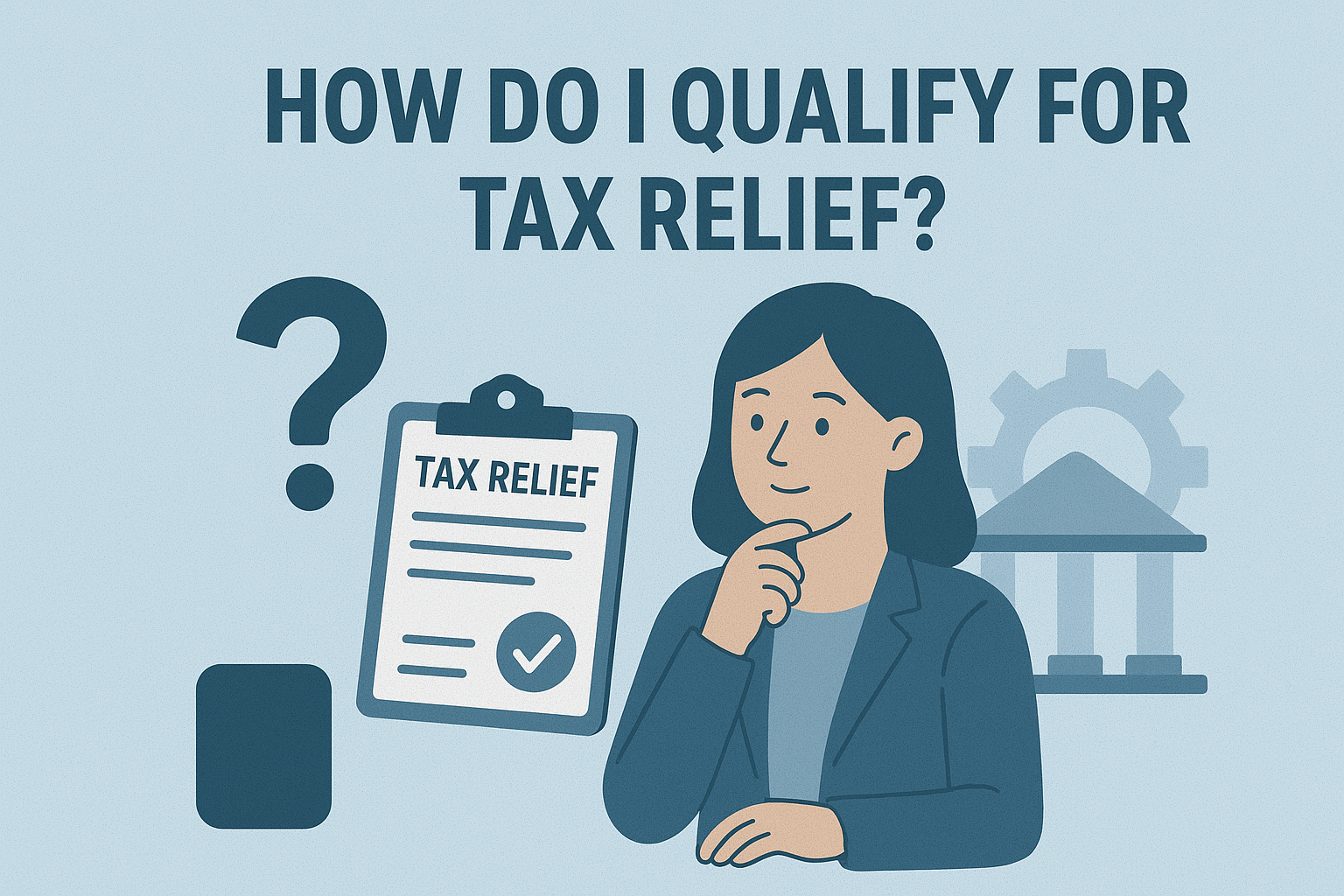Are you curious to know how can I get tax relief? With the use of deductions, credits, and rebates, tax relief in Australia aims to lessen the financial strain on both people and corporations. Being eligible for tax relief can result in significant savings and a lower tax burden. It’s essential to comprehend the many options offered and the requirements for each to take advantage of these perks. We’ll look at how to get tax relief in your country in this tutorial. Like if you are living in Australia you need to find tax return outsourcing services in Australia. You are reading this post means, you want to know how do I qualify for tax relief.
Suggestions to Qualify for Tax Relief
Recognize the Different Tax Relief Options: Australia provides various tax relief options, such as deductions, offsets, concessions, and refunds. Each type of relief has its own eligibility requirements and serves a particular function.
1. Typical Tax Relief Programs Include:
- Tax Deductions: You may write off some costs associated with your job, your own education, and your business.
- Tax Offsets: This includes the Low Income Tax Offset (LITO), Senior Australians, and Pensioner Tax Offset, lower the amount of tax that must be paid.
- Tax Breaks: Small firms may qualify for some tax breaks, including the Small Business Income Tax Breaks and the Capital Gains Tax (CGT) Breaks.
- Tax Refunds: A few refunds are offered for things like research and development (R&D), child care costs, and spouse superannuation contributions.
2. Check Your Eligibility:
Depending on the sort of relief you’re looking for, certain eligibility requirements must be met before you can receive tax relief.
To make sure you match the qualifying conditions, you must check the website of the Australian Taxation Office (ATO) or speak with a tax expert.
3. Keep Accurate Records:
When filing for tax relief, keeping accurate records of your income and expenses is essential. Having well-documented documentation will assist you in establishing your claims and assure compliance with tax rules, regardless of whether you’re seeking deductions or offsets.
4. Investigate Unique Conditions:
There are unique conditions and concessions available for specific situations, in addition to regular tax relief possibilities. These consist of:
- You may qualify for the Medical Expenses Tax Offset if you have significant medical expenses that are not covered by insurance.
- The First Home Super Saver Scheme (FHSSS) and various associated discounts may be available to first-time homeowners.
- Under the Deductible Gift Recipient (DGR) status, donations made to recognised charities may qualify you for a tax benefit.
- Making contributions to your superannuation fund may be tax advantageous and help you save for retirement, depending on your age and circumstances.
5. Plan:
To improve your tax position, tax planning is crucial. To create a tax-efficient approach, think about your financial objectives and speak with a tax advisor. This could entail strategies for managing capital gains, income splitting, and other taxes.
Read Also: 10 Reasons why CPA firms must outsource the accounting & tax services
6. Report Changes Right Away:
If your personal or financial situation changes in a way that could affect your eligibility for tax relief, you should immediately notify the ATO. Changes in employment, marital status, or the birth of children fall under this category.
7. Eliminate Tax Evasion:
You must visit the Australian Taxation Office (ATO) website or consult tax return outsourcing services in Australia to ensure you meet the requirements.
Final Thoughts
We believe you understand all aspects about how I qualify for tax relief. Maintaining accurate records of your income and expenses is crucial when applying for tax relief. Whether you’re looking for deductions or offsets, having well-documented documentation will help you support your claims and ensure compliance with tax laws. Examine special requirements: In addition to the usual options for tax relief, there are special requirements and concessions available for particular circumstances.



Share this Article